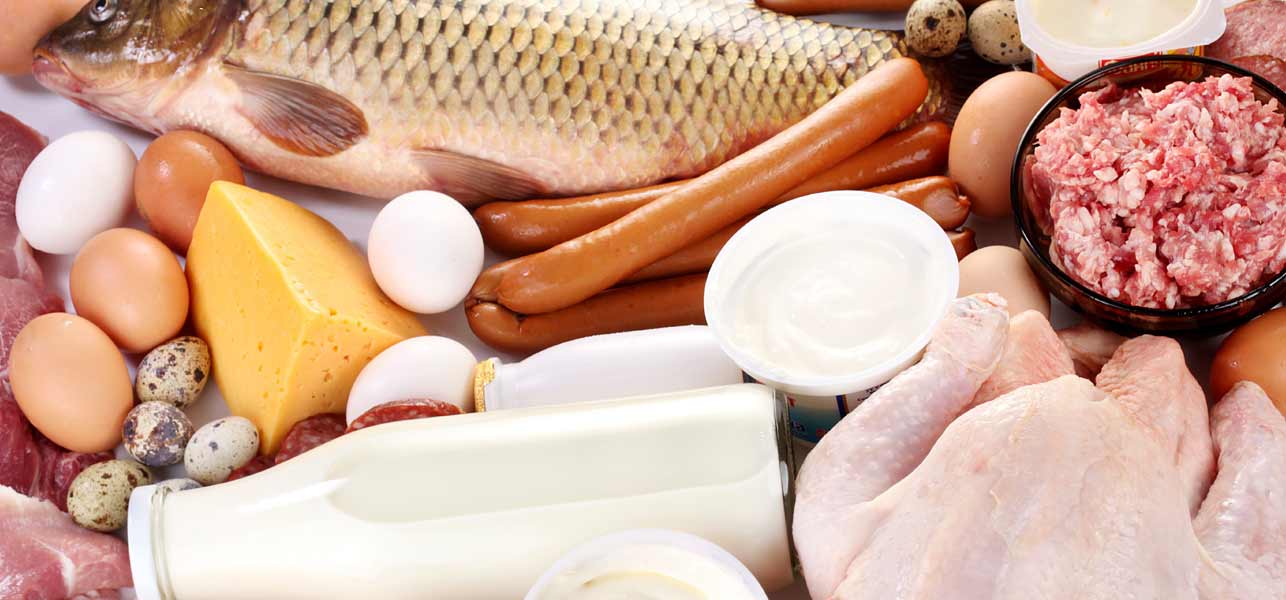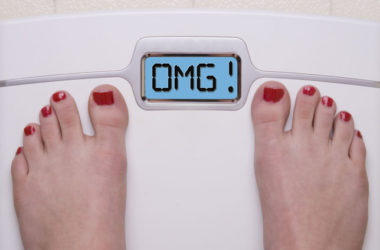Vitamin B6 is a member of the large family of B-vitamins. Also known as pyridoxine, this vitamin should be incorporated in your diet because it serves so many important roles. Some of them include:
- Promotion of healthy nerves
- Maintenance of normal blood sugar levels
- Synthesis or proteins
- Production of hemoglobin that permits the blood to transport oxygen
- Production of antibodies that help defend your body from diseases
Your body will surely have a hard time functioning properly without sufficient amounts of vitamin B6. So how much of this vitamin does the body needs on a daily basis? Well, it depends on factors such as your gender and age. Certain health conditions may also require you to take more vitamin B6. Take a look at the following chart:
- Children 1 to 3 years old – 0.5 mg per day
- Children 4 to 8 years old – 0.6 mg per day
- Children 9 to 13 years old – 1.0 mg per day
- Males 14 to 50 years old – 1.3 mg per day
- Males over 50 years old – 1.7 mg per day
- Females 14 to 18 years old – 1.2 mg per day
- Females 19 to 50 years old – 1.3 mg per day
- Females over 50 years old – 1.5 mg per day
Since vitamin B6 is a water-soluble vitamin — excess amounts of it is flushed out through the urine — you need to constantly supply your body with it. Otherwise, you may end up having deficiency in vitamin B6. Such problem can cause:
- Depression
- Irritability
- Confusion
- Oral sores
However, just because you want to dodge these things doesn’t mean you can overdose on vitamin B6. These are the side effects of taking too much of the said vitamin:
- Sensory changes
- Numbness
- Uncoordinated movement
The key is to get the right amounts of vitamin B6 on a daily basis. Do you need to take vitamin B6 supplement to ensure you are getting enough of it? Unless your doctor tells you to do so, you really don’t have to take it in supplement form. You can get your daily dose of this very important nutrient from these food sources:
• Tuna – This excellent source of vitamin B6 also supplies your body with protein for muscle building, healthy skin and hair, and normal hormone production. Tuna is also a wonderful source of omega-3 fatty acids that are so good for your heart, brain and joints.
• Salmon – Another superb source of vitamin B6 coming from the sea is salmon. Just like tuna, it’s rich in protein but without those artery-clogging saturated fats. Salmon also yields many other health-giving nutrients like selenium, phosphorous, iodine, and vitamins B12 and D.
• Beef – Other than supplying you with good amounts of vitamin B6, beef also yields protein. It’s a wonderful source of iron, a mineral you need for the production of red blood cells, thus warding off iron-deficiency anemia. Limit your consumption of beef as it is rich in saturated fats.
• Chicken – If you want to considerably reduce your intake of saturated fats and lower your risk of having heart disease, opt for chicken. Especially if you go for the breast part, you can get sufficient amounts of vitamin B6 as well as protein, selenium and choline.
• Turkey – This is another wonderful source of vitamin B6 that’s good for the heart because it does not contain as much saturated fats as beef.
• Sweet potatoes – Aside from being rich in vitamin B6, sweet potatoes are also loaded with healthy carbohydrates that supply your body with energy. They are also packed with fiber that helps prevent constipation and colon cancer, plus they’re a great source of manganese, copper and vitamin C.
• Sunflower seeds – Snacking on sunflower seeds allows you to get your daily dose of vitamin B6. Other than the said nutrient, sunflower seeds also contain vitamin E which is a really powerful antioxidant that helps protect your cells from being damaged by oxidation.












